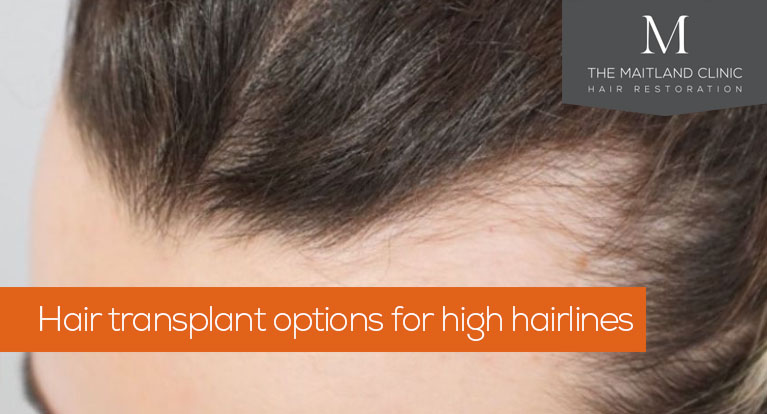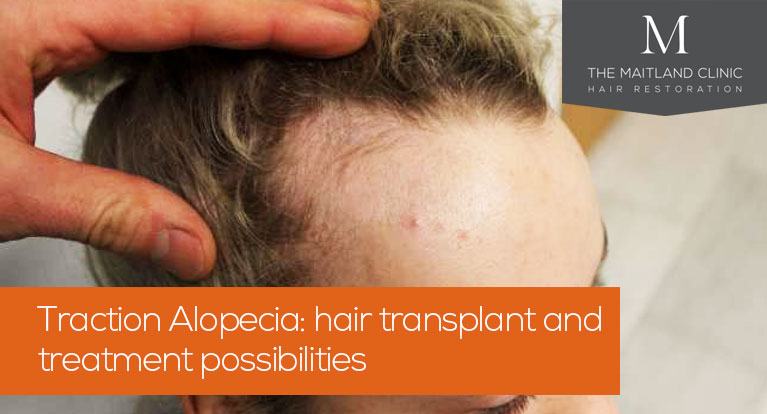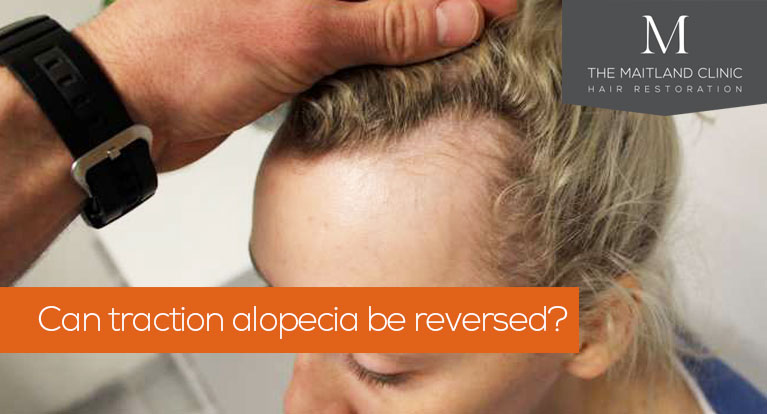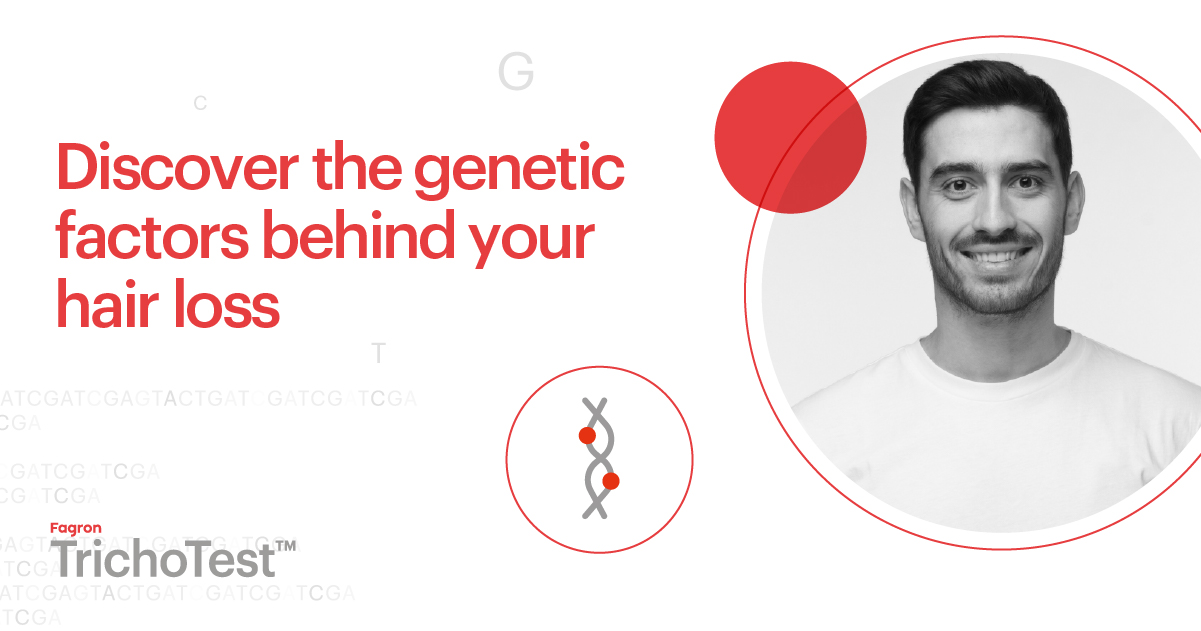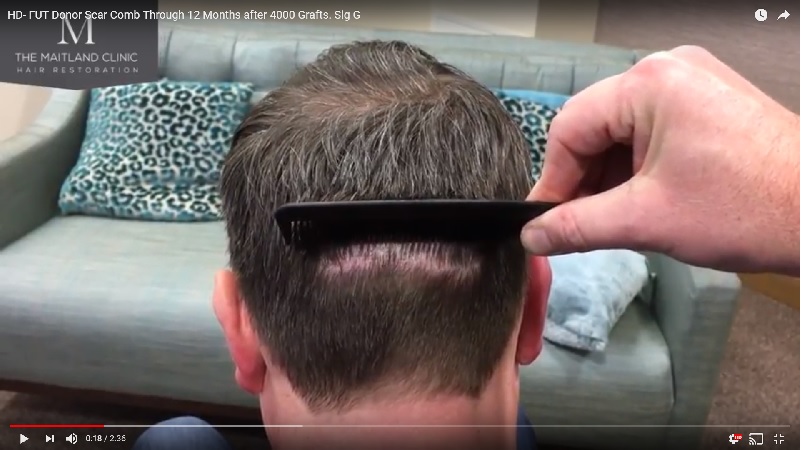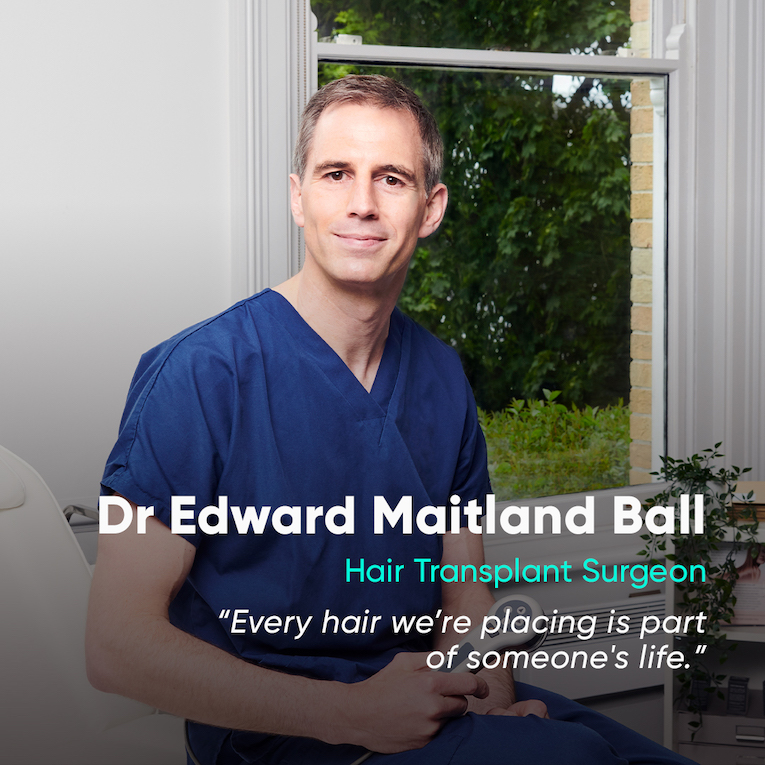Blog | Educational
Can intermittent fasting cause you to lose your hair?
Intermittent fasting is a popular dietary strategy that involves restricting calorie intake to specific periods of time. Its advocates claim that it can aid weight loss and improve overall health. However, while there are many benefits, some people believe it can have a negative impact on hair growth. With this in mind, a common question ...
Hair transplant options for high hairlines
If you want to lower a high hairline or reduce the appearance of a large forehead, a hair transplant can be an effective option. Continue reading to learn more about the different approaches available and the key things to consider before undergoing a hairline transplant, and what options you have for a high forehead. The main hair tra...
Traction Alopecia: hair transplant & treatment possibilities
Traction alopecia is a type of hair loss that’s caused by constant pulling on the hair follicles, often as a result of wearing tight or restrictive hairstyles. At The Maitland Clinic, we’re often asked questions such as ’How can traction alopecia be treated?’ and ‘Do hair transplants work for traction alopecia?’. In this post...
Can Traction Alopecia be reversed?
Traction alopecia is a form of hair loss that occurs when the hair is under constant tension, usually as a result of tight hairstyles like braids or ponytails. The repeated pulling damages the hair follicles and scalp, eventually leading to bald spots. The condition can be worrying and many people are keen to know whether the damage ca...
Traction Alopecia: When is it too late?
Traction alopecia can be a distressing condition, especially in the later stages when the hair loss and scarring become more noticeable. Many of the people we speak to are understandably concerned that they won’t be able to fix the damage and regrow healthy hair. So, is it ever too late to treat traction alopecia? The good news is it...
Help Hair® vitamin supplements for hair growth: a guide for patients
Help Hair® vitamins provide a combination of minerals and B-supplements that are designed to support healthy hair growth. They can be taken alone or, for best results, as part of a multi-pronged hair treatment plan. Here is a comprehensive, expert guide to Help Hair® vitamin supplements. By Dr Edward Maitland Ball There ar...
Fagron TrichoTest™: hair loss test to guide treatment choices
The Fagron TrichoTest™ hair loss test: How a quick and simple genetic test can help identify the hair loss treatment that’s right for you A new genetic swab hair loss test – the Fagron TrichoTest™, available from The Maitland Clinic – can save you time and money by accurately identifying the hair loss treatment that best ...
FUT Aftercare Instructions
Here are the FUT/Strip aftercare instructions which will be supplied to you on the day of your procedure and explained in full by our specialist nurse, Karen, or by Dr Ball. Please note: These aftercare instructions are for patients of The Maitland Clinic only. If you have had hair transplant surgery elsewhere, please follow the advice...
Platelet-rich plasma (PRP) treatment – General principles
What is platelet-rich plasma (PRP)? Plasma is the liquid that holds the blood cells in suspension. There are three types of blood cells in the plasma, red blood cells which carry oxygen, white blood cells which help fight infections, and platelets which are responsible for blood clotting, scab formation, wound healing and repair....
Dr Edward Ball on The Hair Loss Clinic TV series
The Discovery+ TV series The Hair Loss Clinic follows the experiences of men and women receiving treatment at The Maitland Clinic for different hair loss and scalp conditions. Dr Edward Maitland Ball, our founder and medical director, is filmed examining and consulting with patients, as well as conducting a number of surgical hair transpl...
Contact us
* Required fields



